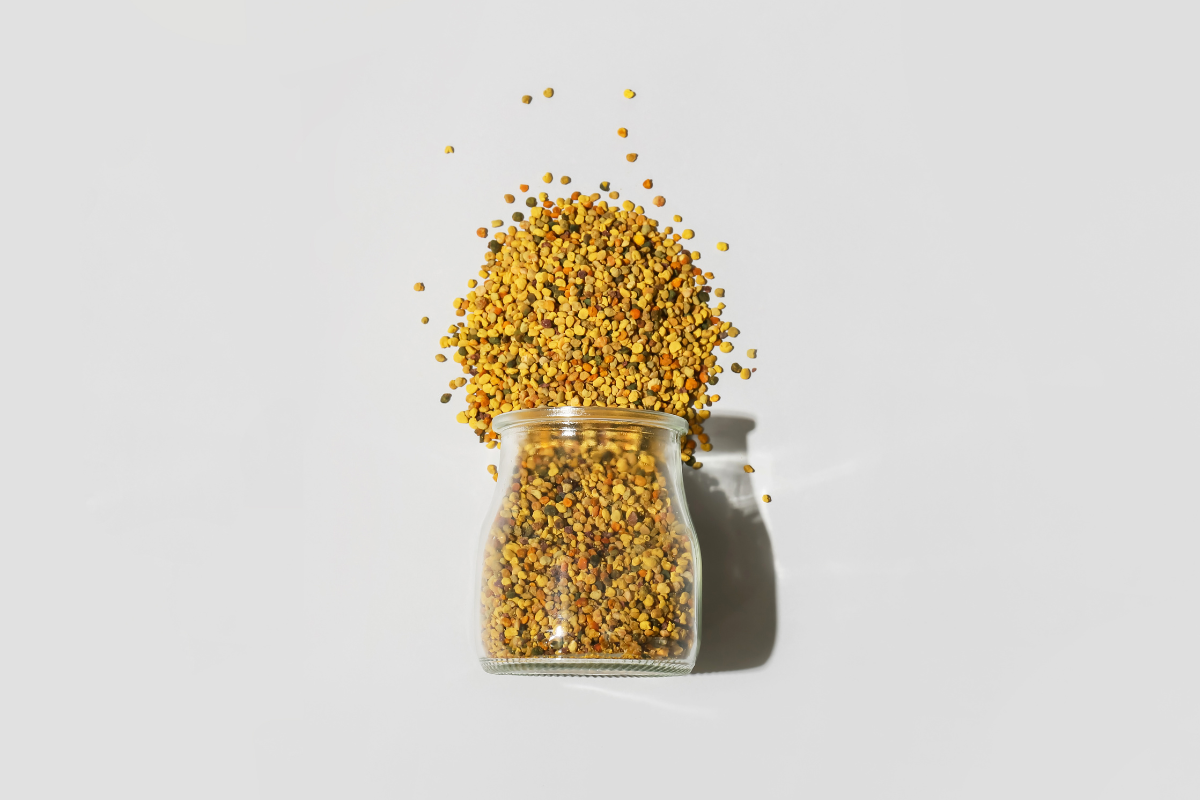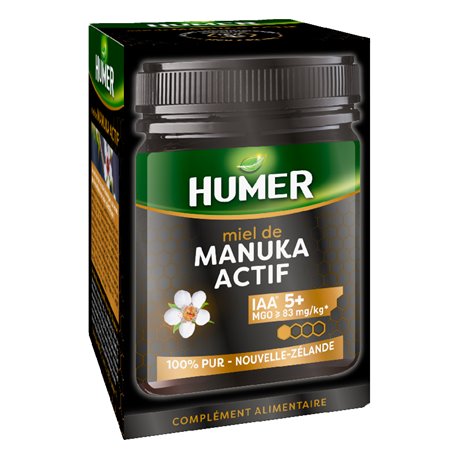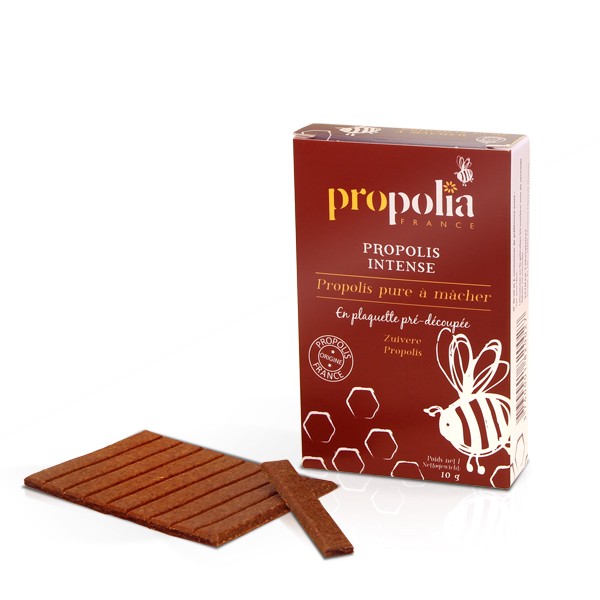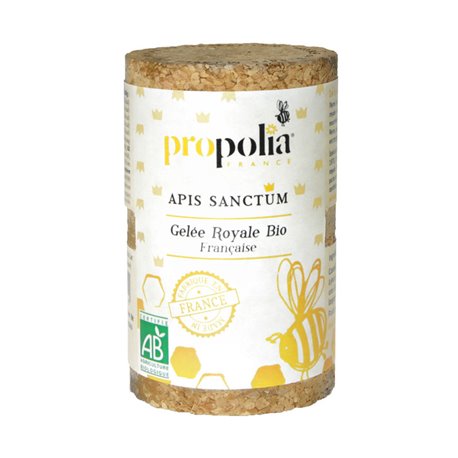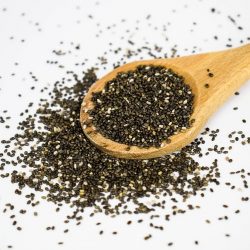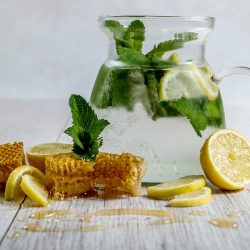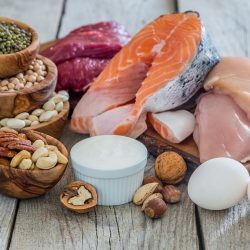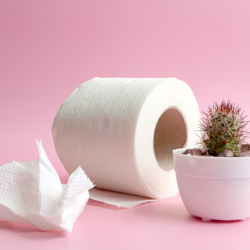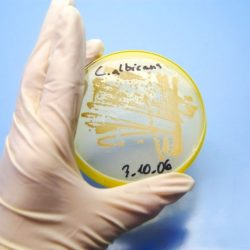The boom in natural medicines, known as alternative medicines, includes products from the hive, such as honey, royal jelly and propolis, which supplement conventional treatment of certain diseases, including support for the immune system. Discover the health benefits of apitherapy with hive products.
Honey to boost your immune system
Honey has been used since 4500 BC to sweeten food. In ancient times, honey was synonymous with immortality and was highly prized. At the ancient Olympic Games, athletes drank a honey-based beverage to regain their strength. Others suggest using it to beautify the skin and heal wounds. Hippocrates used it to treat wounds, fevers and ulcers, and to prepare ointments. Until 1500, honey was medically recommended as an antiseptic. Used as a food, honey was also recommended for healing wounds. It was also used to speed up the healing of soldiers’ wounds during the First and Second World Wars.
Manuka honey, a powerful natural antibacterial agent
Manuka honey is a type of honey native to New Zealand. Produced by the bees that pollinate the Leptospermum scoparium flower, it is commonly known as the
bush. Numerous studies have proven its ability to support a healthy microbiome in the mouth. This in turn supports a healthy overall immune response. In addition, Manuka honey offers strong antioxidant benefits and supports a healthy anti-inflammatory response.
Honey’s mechanism of action on the immune system:
A Dutch team has succeeded in identifying the bactericidal components of honey. Their work was recently published in the journal FASEB. They tested the effects of honey on different species of bacteria, partly because of their pathogenic effects on humans, and partly because of their resistance to antibiotics. As a result, all the species tested, including bacteria associated with food poisoning such as Bacillus subtilis or Escherichia coli, which are resistant to several antibiotics, or methicillin-resistant Staphylococcus aureus, ciprofloxacin-resistant Pseudomonas aeruginosa and vancomycin-resistant Enterococcus faecium, were all exterminated with just 10% to 20% honey. This test showed that the natural antibiotics contained in honey were effective against many bacterial strains, even those that were already resistant.
|
|
|
|
|
|
|
|
|
The benefits of propolis for your immunity
For thousands of years, the Egyptians, Greeks, Romans and Mayans have used beehive products for preventive, therapeutic and edible purposes. Propolis has been used since ancient times as a natural remedy for skin diseases, wounds and suppuration. The Egyptians used to embalm the dead with this resin, known for its antiseptic properties and aroma. It is easy to use during mummification. From 700 to 600 BC, the Greeks observed this resinous substance at the entrance to the beehive as a protective barrier against predators. They then gave it the name “propolis”, meaning pro = before, polis = city.
In Ancient Rome, Roman soldiers would go into battle with a piece of propolis to heal their future wounds. Reputed to reduce oedema and soothe nerve pain, propolis also healed skin wounds and abscesses. During the same period, in South America, the Incas used propolis as an antiseptic. In the 16th century, it was used to heal arrow wounds. Hippocrates recommended propolis for healing wounds and ulcers.
It was mainly in the 18th and 19th centuries that propolis was used to dress wounds. It was widely used on battlefields, particularly during the Boer War in South Africa, to treat soldiers and speed up the healing process. It is renowned for its antiseptic, anaesthetic and healing properties. It could be found in various forms as an ointment, plaster, lotion or gas.
The mechanism of action of propolis on the immune system:
Propolis has been used empirically for centuries, always mentioned as an immunomodulating agent. It has therefore become imperative to review the relationship between propolis and the immune system, focusing on its chemical composition and botanical sources, its seasonal effect on its composition . This product has attracted the interest of researchers over the last few decades due to its biological and pharmacological properties, including antimicrobial, antitumour, anti-inflammatory, antioxidant and immunomodulatoryproperties.
In vitro and in vivo tests have provided new information on the mechanisms of propolis’ modulating action, particularly on murine peritoneal macrophages, by increasing their microbicidal activity, and on antibody production. Its stimulatory action on the lytic activity of natural killer (NK) cells against tumour cells, and the inhibitory effect on lymphoproliferation of splenocytes an immunomodulatory activity of CAPE was assessed by evaluating organ weights, the weight of the thymus and/or the cellularity of the thymus was reduced in all CAPE dose groups. Its immunomodulatory properties involve the innate and adaptive immune response.
Propolis: a natural remedy for psoriasis?
Scientific studies have highlighted the potential of propolis as a promising agent for modulating the immune system. Research has shown that propolis, with its active components, could play a significant role in manipulating the immune response, offering benefits in the treatment of various immune-related diseases such as allergic diseases, type 1 diabetes, rheumatoid arthritis, multiple sclerosis, psoriasis, inflammatory bowel disease, and other immune responses such as immunodeficiency and infectious diseases. In particular, the flavonoids and phenolic compounds present in propolis are recognised for their antiviral and antimicrobial properties. However, while these findings are promising, it is noted that more in-depth studies are needed to confirm these preliminary results and to fully understand the mechanisms of action of propolis on the immune system.
Royal jelly to boost your immune system
In ancient times, the Greeks associated royal jelly with the immortal powers of the Olympian gods. At the same time, the Chinese believed that royal jelly increased lifespan and sexual activity. It was in 1672 that Swammerdam differentiated the queen from the worker bees. Later, scientists explained the role of royal jelly within the hive and its therapeutic properties. Since the beginning of the twentieth century, royal jelly has made its mark on the Chinese market, playing a variety of roles in the treatment of diabetes, joint pain, physical and mental fatigue, high blood pressure, chronic hepatitis, menstrual disorders and infertility. In traditional Chinese medicine, royal jelly is used as a tonic in cases of Yin deficiency.
In Eastern Europe and Russia, royal jelly is valued as an anti-stress substance that protects the body against external fluctuations. In the hive, the queen and her larvae feed exclusively on royal jelly for the first three days of life. This substance is said to have miraculous properties due to the effects it has on the queen of the hive.
The queen bee is much larger than other bees (weighing six times more than worker bees) and lives for around 5 years, whereas worker bees only live for a month or two; hence the possible presence of a growth factor in royal jelly.
The mechanism of action of royal jelly on the immune system :
The immune system is a set of elements that interact with each other in a coordinated, hierarchical and integrated way in the body to ensure its function, which is to eliminate foreign substances or infectious agents to which it is exposed, but also its own altered constituents. Royal jelly is a nutritional element containing biologically active molecules that improve the body’s immunity thanks to their immunological characteristics.
Why are we more fragile in winter?
The immune system protects us from the cold thanks to two mechanisms: white blood cells destroy foreign particles (bacteria, viruses, fungi) that try to penetrate our body, and thermoregulation controlled by the hypothalamus maintains body temperature at 37°C. When it’s cold, the immune system is put under greater strain and the body is less able to resist external aggression. A virus is not an independent entity; it needs a living host cell to reproduce. Viruses are more vulnerable when temperatures rise. For example, respiratory viruses are surrounded by lipid envelopes, and exposure to temperature breaks down and kills the virus. On the other hand, it is highly resistant to cold. As a result, it waits to “hatch” in our bodies. As a result, respiratory viruses responsible for illnesses such as influenza, viral angina and the common cold spread more widely in winter than in summer.
Preventing viral contagion starts with hand washing, a healthy lifestyle and regular airing of the home.
The body also tries to warm the air it breathes in before it reaches the lungs. The mucous membranes of the nose transfer water at body temperature to the air (hence the “runny nose” phenomenon in winter). This heat transfer dries out the physical barrier formed by the mucus, making it easier for viruses and bacteria to enter the body.
The cold slows down the effectiveness of our immune system: cells move less quickly, giving viruses time to settle in. Bronchial cilia are also less effective when temperatures fall. All these factors partly explain the winter upsurge in colds and other viral infections.
Source:
- J Family Community Med . 2019 Jan
Immune’s-boosting agent: Immunomodulation potentials of propolisscules has all the words in your titles and subtitles :

